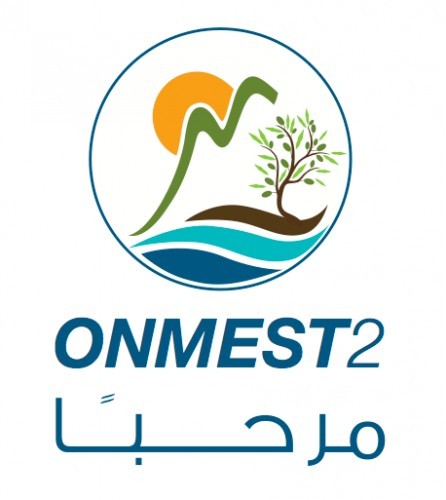
Taiwan kicks off eco-friendly World Games
Taiwan President Ma Ying-jeou marked the start of the 11-day event Thursday night during the opening ceremony at the new Main Stadium in front of a capacity crowd of 40,000.
Absent from the ceremony were China's athletes; joint reports by the Kaohsiung Organizing Committee and Taiwan's national news agency, the Central News Agency, made no mention of the boycott. But a photo provided by both show the athletes' absence behind the Chinese flag.
Taiwan's government separated from China after the communists' victory in the Chinese civil war in 1949. About 2 million Nationalist Chinese fled to Taiwan and set up a government there. Beijing, which hosted the Olympic Games last year, has always considered the island a part of China and has threatened to go to war should Taiwan declare formal independence.
The World Games adhere to the Olympic charter, but unlike the Olympic Games, the host city does not have to build facilities specifically for the events. As such, the 23 venues include the Shoushan Junior High School's climbing wall, the Happy Bowling Center and the Kaohsiung Senior High School gymnasium.
The showcase venue is architect Toyo Ito's Main Stadium, which will host the opening and closing ceremonies, as well as flying disc and rugby sevens competitions.
The stadium's 8,844 solar panels generate 1.14 million kilo watt hours of electricity per year, with the ability to sell surplus energy during the non-game period, according to the KOC. The solar panels reduce annual carbon dioxide output by 660 tons, and the raw materials used for the stadium are 100 percent reusable and made in Taiwan, the KOC adds.
The Games, which will last through July 26, marks Taiwan's first international multisport event, according to Kaohsiung's mayor, Chen Chu, who also serves as president of KOC.
More than 3,200 athletes from 90 countries will participate. The 31 competitions comprise artistic and dance sports, ball sports, martial arts, precision sports, strength sports and trend sports.
Some date from ancient Greece and Rome, such as boules, fistball, and tug of war, while others reflect Asian traditions, such as the martial arts and dragon boat racing.
Athletes to watch include top-ranked climber Patxi Usobiaga Lakunza of Spain, Bahamian bodybuilder Paul Wilson, German bowler Achim Grabowski and Ironman champion Shannon Eckstein who will lead the Australian team in lifesaving, a sport demanding speed and skills in the ocean and pool.
The World Games adopts the Olympic motto of "faster, higher, stronger" and occurs quadrennially, a year after the summer Olympic Games. The aim of the International World Games Association is to develop the popularity and traditional values of sports.
Taiwan's biggest international port city, Kaohsiung is served by Kaohsiung International Airport and the Kaohsiung Mass Rapid Transit. Taipei is a 50-minute flight away.
Kaohsiung's World Games mascots, Gao Mei and Syong Ge, each take their names from the city and bear a slight resemblance to the Teletubbies.
The World Games in Kaohsiung marks the eighth held since 1981, when the inaugural was staged in the U.S. city of Santa Clara, California.







 Carl Azar
Carl Azar
 Zada Bou Habib
Zada Bou Habib
 Ghassan A. Chehab
Ghassan A. Chehab
